FAQs
Frequently Asked Questions
Have any questions?
Below is a list of FAQs where you might be able to find the answers you’re looking for.
Development Team
Who is the developer for this project? Are they local?
Regency Centers is a publicly-traded Real Estate Investment Trust headquartered in Jacksonville, FL with 20 local offices including Raleigh, NC and Vienna, VA. The company has several properties in Virginia and has a very local presence as we currently manage four sites in the Richmond area, such as this site and the Village Shopping Center. Regency has a great reputation of developing high-end projects throughout the country and have a total of 26 properties in Virginia.
Regency is the nation’s top grocery-anchored developer, who builds, owns, and manages community-facing retail destinations across a variety of markets and lifestyles. With offices in Virginia, as well as other top-markets in the country, Regency prides itself on providing a dynamic retail mix of powerful local operators combined with best-in-class national brands. With nearly 30 projects in Virginia alone, Regency has taken a curated and customized approach to creating not just a location, but also a destination for the neighborhoods we serve.
What is the name of this development project?
The project will be named Carytown Exchange.
When will the site be open to the public?
We expect to have several retail partners open in the fall/winter 2020. Others will follow into 2021.
Can you give me examples of other recent Regency Centers developments?
Regency takes pride in customizing the look of every project we undertake. While these don’t reflect the character of Carytown, they do reflect the neighborhood where they are located. Some examples include:
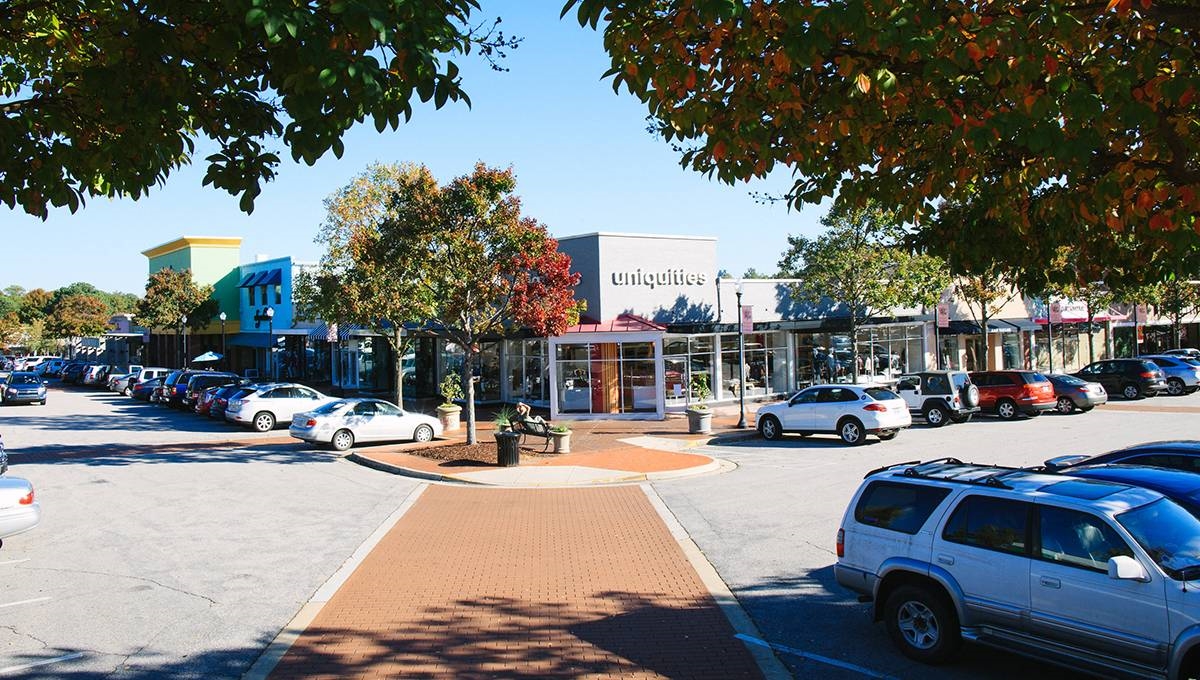
Cameron Village, Raleigh NC
(redevelopment)
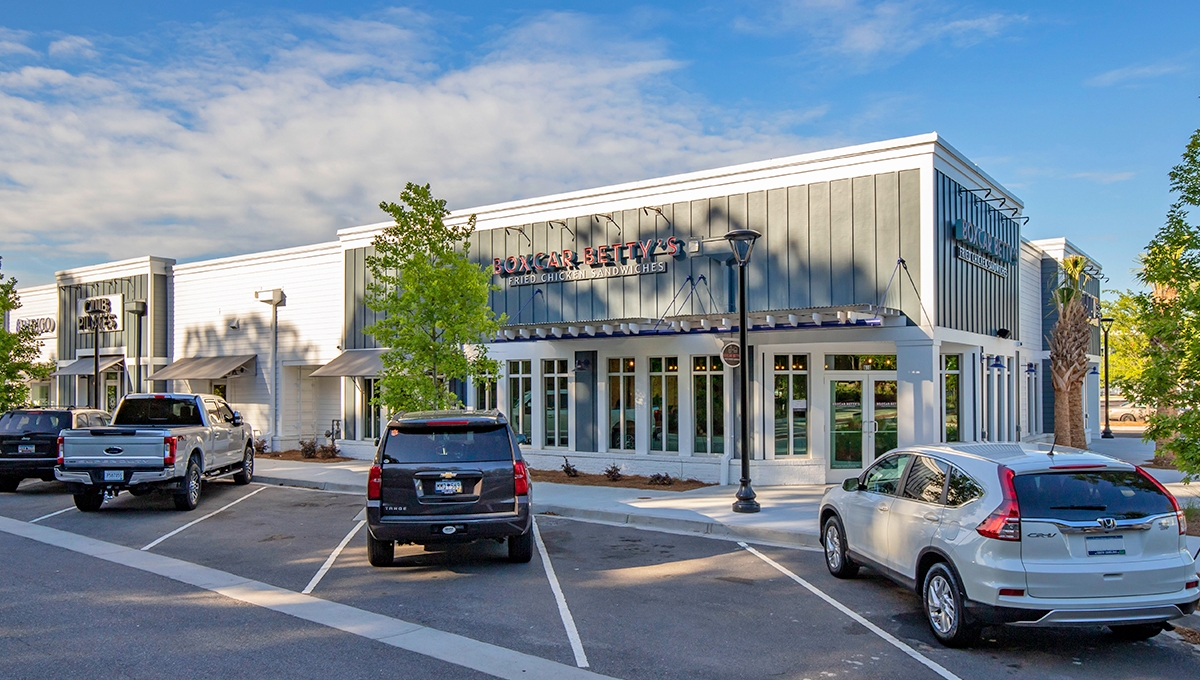
Indigo Square, Mount Charleston, SC
(development)
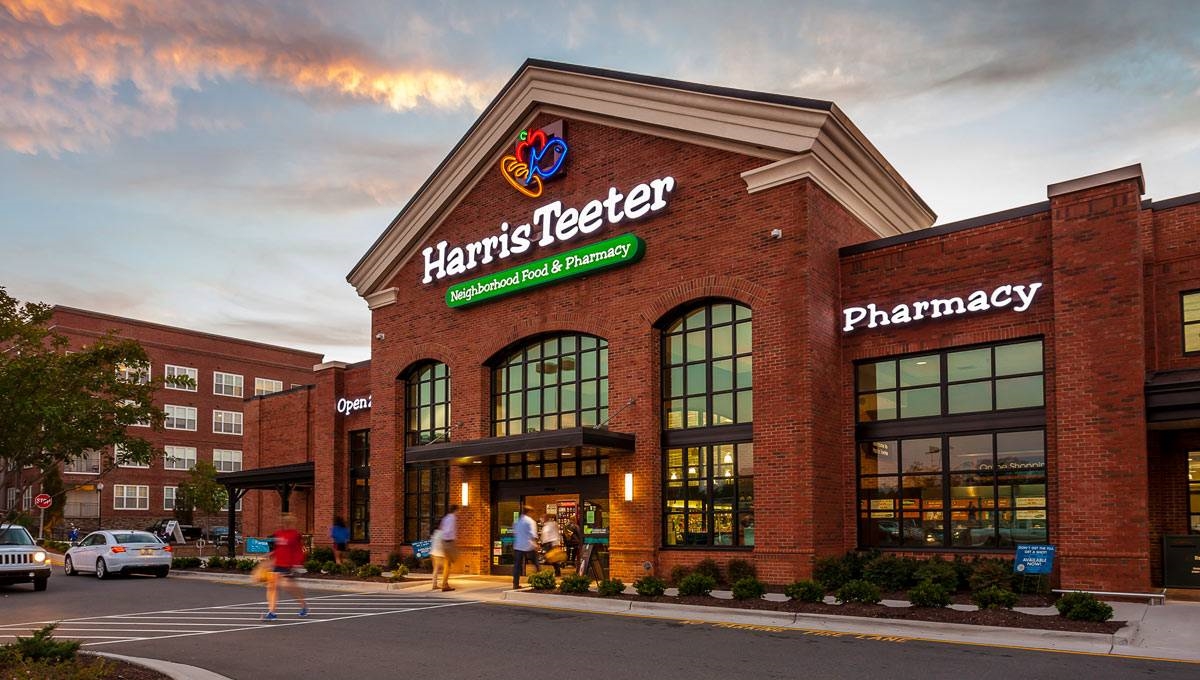
Shops at Erwin Mills, Durham, NC
(development)
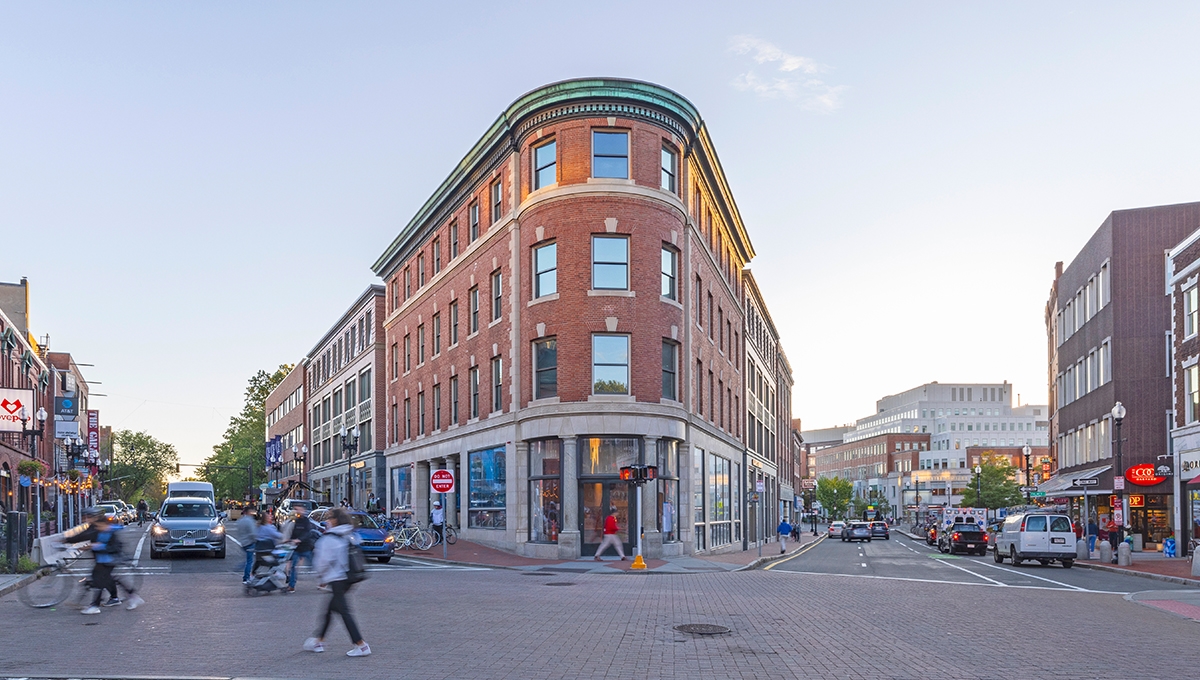
The Abbot, Cambridge, MA
(redevelopment)

Market Common Clarendon, Arlington, VA
(redevelopment)
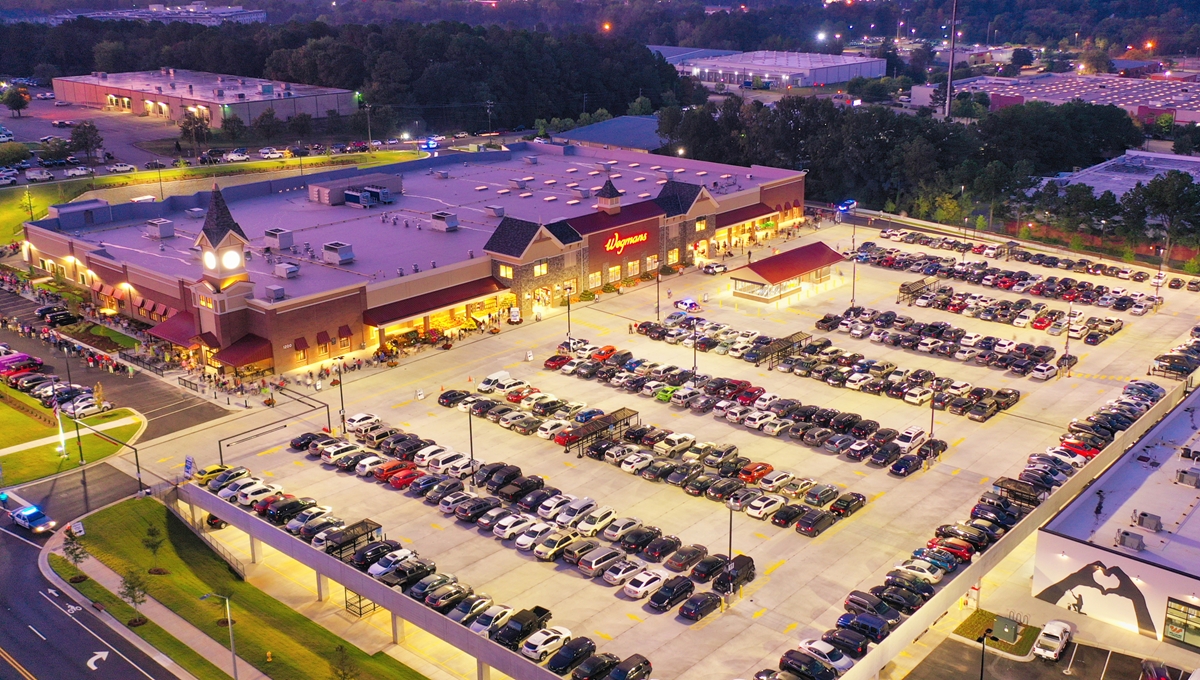
Midtown East, Raleigh NC
(under development)
How is this project different than the projects Regency has done in Virginia?
This project is located in Carytown! Carytown Exchange is unique because it is not a typical “shopping center” with a vehicular focus like you see in suburban America. This project will feature streetfront buildings that reflect the Carytown neighborhood while offering a great grocery experience. The design will feature various storefronts and outdoor seating areas to continue the one-of-a-kind feel and character of neighborhood.
The Project
What is the cost of this development project?
Carytown Exchange will create approximately $40 million in investment in the Carytown neighborhood. In addition, it will create hundreds of construction jobs and full- and part-time jobs with the retail tenants.
Will the City of Richmond be contributing any money to this project?
No, this project is strictly funded by Regency Centers.
What is the total square footage of the project?
The total project will encompass 120,000 square feet. The anchor tenant will be 49,000 sq. feet, and the remaining tenants will share the remaining approximately 71,000 sq. feet. The development project is approximately 20,000 square feet larger than the existing shopping center.
What kind of “look” or “feel” is this project expected to have?
This project will reflect the charm and character of Carytown along Cary Street. The design will bring the buildings up to the sidewalks in order to engage pedestrians. The architecture will be more in keeping with the eclectic nature of Carytown celebrating is smaller scale and love of colors.
How will this development add to the character of the area?
Richmond Shopping Center is in dire need of a visual and infrastructure update in order to ensure its success over the long-term. We are excited to bring life/vitality back to this property. Carytown Exchange will better reflect the existing development pattern of Cary Street.
Will the entire block be redeveloped as part of this project?
While a majority of the site will be redeveloped, the CVS Pharmacy at the corner of Cary and Nansemond Streets will remain. CVS will be open during construction.
Do you need City of Richmond approval for this project?
The property is zoned for the proposed development, which means we do not need a special use permit from the City of Richmond. We will have to meet all of the requirements of the City of Richmond in order to receive permits. We want to work with the City of Richmond to ensure we build a development that generates new jobs, revenue and enhances the vibrant Carytown community.
Will there be residential as part of this development?
No, this is strictly a commercial development with grocery, food, retail and more parking.
Who will manage Carytown Exchange?
Regency Centers will manage the operations of Carytown Exchange after the development is completed. Today, Regency manages 26 properties in Virginia including three properties in Richmond.
Retailers and Tenants
Who is the anchor tenant?
We are in final negotiations with Publix to relocate from the existing vacant grocery space.
Will any of the current tenants be a part of this new development project?
Not at this time. The only tenant that will remain open during the 2+ year construction period is CVS. We have worked with existing tenants to provide the time necessary to find new homes in Carytown.
How many retailers/tenants will occupy this new development project?
We expect between 20-25 tenants on the site. That is similar to the number of tenants that occupied Richmond Shopping Center when it was fully occupied.
What is the average size of the tenants?
Most of the tenants will range from 1,200-2,500 square feet, similar to other shops in Carytown.
What type of tenants will the development bring?
We will be targeting a variety of high-end retail and restaurants to the project. We expect to have a combination of local, regional and national businesses.
Will any tenants be open 24-hours a day?
The only tenant we anticipate to be open 24-hours a day is the current CVS Pharmacy.
Traffic/Transportation
How will parking be structured? And how will it be different than the current parking situation?
A new two-story parking deck will be built to accommodate the needs of tenants and customers. Carytown Exchange will offer approximately 116 more parking spaces than the current shopping center.
The lower level of the deck will be on grade with Ellwood and the upper level of the deck will be on grade with Cary Street, with an internal ramp connecting the two levels. Most of the new parking will not be visible from the surrounding streets. The parking for CVS along Nansemond Street will not change.
How many more parking spots are available?
Carytown Exchange will have 116 more parking spaces than the existing shopping center. We will also continue to allow street parking on Cary Street and Ellwood Avenue.
Will parking be paid or free for the site?
Parking will be free for all customers of Carytown Exchange.
How will the access change?
A focus of the design is to reduce the number of access points to the project to improve safety along Cary and Ellwood Streets. Currently there are ten (10) total access points to the center, including the grocery store loading dock which trucks have to back into directly off of Ellwood. After the redevelopment, the number of access points will be reduced to six access points and the grocery loading will be internal to the project.
What are the truck delivery hours for this development?
Typically, commercial deliveries occur in the morning before stores open for business.
How long is construction expected to last?
The construction of this development will be approximately two years.
Will there be phases to the construction schedule?
The phasing plan has not been finalized. Phase I is expected to start in early 2019 and will include the majority of the development. Phase II will begin in 2020 and should be complete by 2021.
How long do you expect traffic disruption on Cary Street or Ellwood Avenue?
We expect typical construction disruptions on the site and in the area. We plan on using the parking lane on Ellwood Avenue and Cary Street, on the perimeter of the site, during several phases of construction but we hope this will not materially impact daily traffic.
What is the history of the “Toll House” building?
The building located at 3500 ½ West Cary Street (currently the location of Carytown Burgers & Fries) has incorrectly been referred to as the “Toll House”, purportedly serving a mid-nineteenth century toll road on what is now Cary Street. Bob Mills, a Richmond architect with specific expertise in historical Richmond architecture; Dutton & Associates, historical consultants; and other experts recently completed a comprehensive assessment of the building. Their sources include:
| Virginia Department of Historic Resources | U.S. Geological Survey Topographic Maps |
| Virginia Cultural Resource Information System | Sanborn Fire Insurance Maps |
| Richmond Property Assessors Records | Local Historical Society and Library Archives |
| USDA Historic Aerial Imagery |
Their assessment found no concrete evidence indicating the building ever operated as a toll house or as a residence for toll keepers. Some insights from the assessment are:
- The building was built in the 1840’s as a farmhouse with no association with the toll road. It was never owned by the toll road company, nor did the original owner have any known association with the company.
- An 1853 map shows the farm house near the toll road, but the “toll gate” was to the east with another unlabeled dwelling. In contemporary terms, the toll gate itself was approximately 7 blocks to the East.
- Hilton W. Goodwyn, whose family still owns Richmond Shopping Center, acquired the land and building in 1919.
- The Trail of the Three Notched Road, a 1929 book written by M. Ethel Kelley Kern, suggested that the farm house was the Toll House. This book is likely the impetus for the local lore, as it was cited in later local newspaper stories, but these stories were without primary source citation.
- The building was converted into commercial use in the 1930’s; the buildings enveloping it now were erected in the 1960s and 1970s. Significant modifications to the original historic exterior have been made over time, leaving the building largely obscured by modern additions and alterations. In fact, what is now the front entrance to Carytown Burgers & Fries was formerly the basement and rear of the building – its original front, facing West Cary Street, was stripped off in the 1960’s. On the interior, little is left of the original architectural fabric. These significant alterations are likely irreversible.